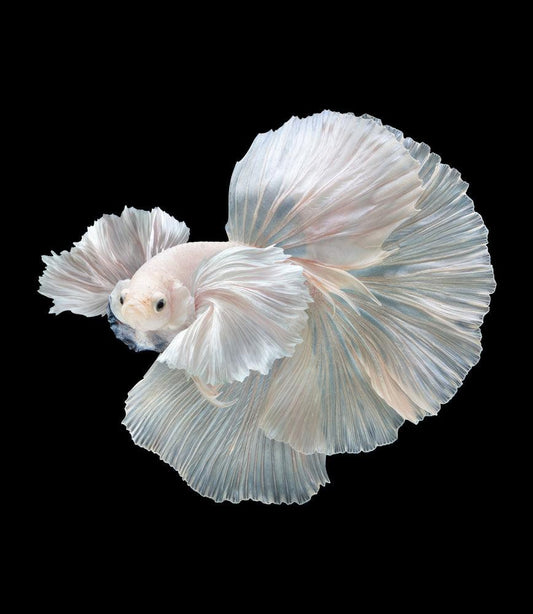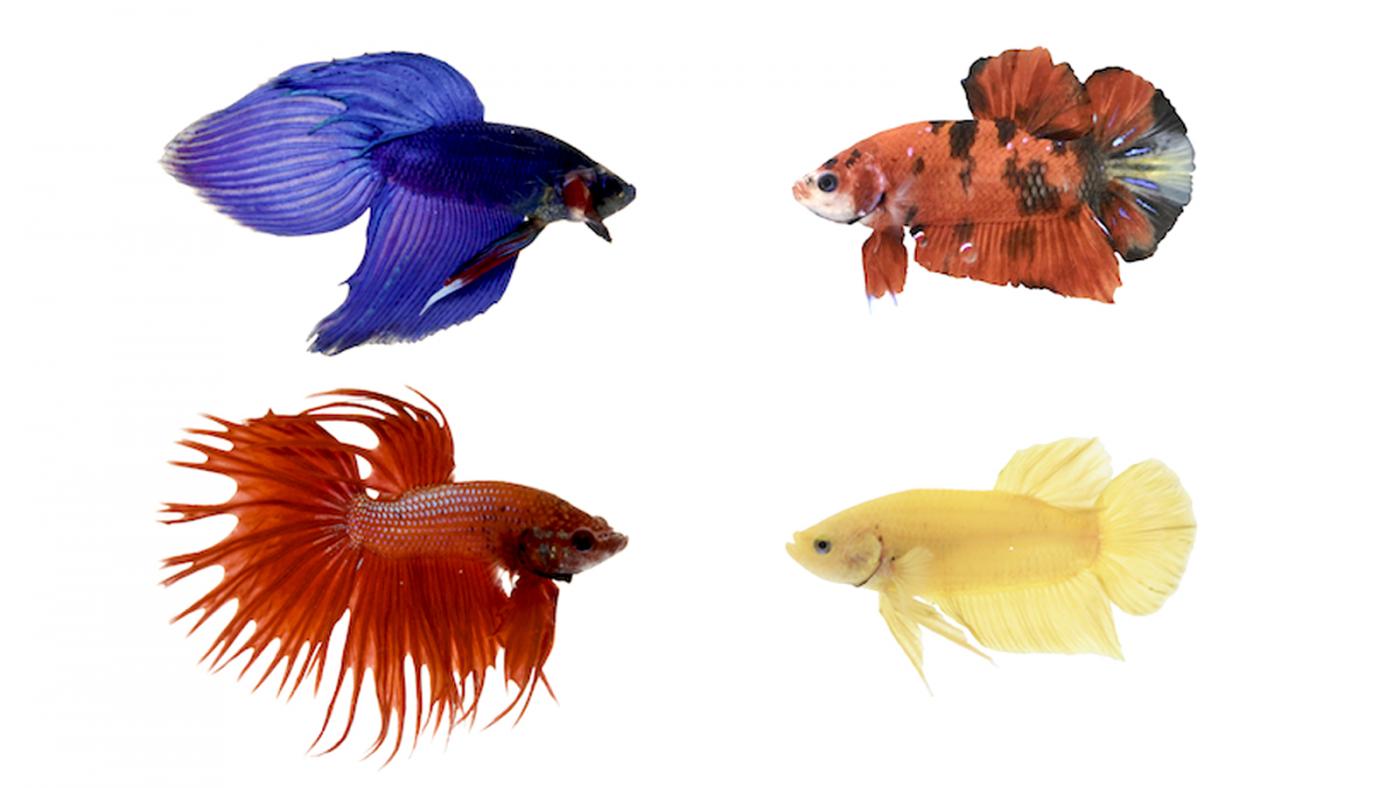Everything About Betta Fish: Recognizing Their Special Requirements, Habits, and the Best Practices for Optimum Care
Understanding the special requirements and behaviors of Betta fish is necessary for any aquarist looking to supply optimal treatment. betta fish. As we explore these aspects further, the ramifications for both amateur and knowledgeable fish caretakers become increasingly noticeable, elevating inquiries regarding just how ideal to suit these impressive fish in our homes.
Betta Fish Overview
Although often admired for their vibrant colors and moving fins, Betta fish, medically referred to as Betta splendens, are complex animals that need particular treatment to thrive. Originating from Southeast Asia, these freshwater fish are understood for their territorial nature and special behaviors. Betta fish show sexual dimorphism, with men showing a lot more brilliant shades and longer fins than ladies.
Their aggressive propensities, particularly among males, require careful factor to consider when housing them. Bettas are commonly maintained in single-specimen tanks to stop territorial conflicts. Nonetheless, they can exist together in harmony with certain suitable types in larger area storage tanks, gave the atmosphere meets their needs.

To make certain optimum treatment, aquarists must recognize their special behavioral characteristics, dietary demands, and environment requirements. betta fish. With appropriate attention, Betta fish can show their lively characters and flourish in a well-kept fish tank setting
Natural Habitat and Setting
Betta fish thrive in a diverse array of all-natural environments, largely found in the superficial waters of Southeast Asia, including rice paddies, swamps, and slow-moving streams. These environments are characterized by warm temperature levels, typically in between 75 ° F and 82 ° F(24 ° C and 28 ° C ), and a pH degree varying from 6.5 to 7.5, which is ideal for their wellness and well-being.
In their natural environments, Betta fish are accustomed to thick plants, offering both shelter and reproducing grounds. The visibility of plants such as floating water lilies and thick yards not only provides security from killers yet likewise adds to the oxygenation of the water, which is vital for their breathing requirements. In addition, these settings often have locations of still water, permitting Betta fish to show their natural behaviors such as bubble nesting.
Recognizing the all-natural habitat of Betta fish is important for fish tank fanatics. Reproducing these conditions-- via water temperature level, pH balance, and the incorporation of online plants-- can significantly improve the overall health and wellness and longevity of these exciting fish, guaranteeing they grow in a home aquarium setup.
Social Behavior and Interactions
Comprehending the social behavior and look at here now interactions of Betta fish is necessary for successful aquarium management. Betta fish, or Siamese fighting fish, are recognized for their distinct behavior attributes, identified largely by territoriality and hostility.
Alternatively, female Bettas show much less aggressive actions and can exist together in groups, referred to as sororities, if presented effectively. It is vital to check their communications closely, as hierarchy and supremacy can lead to conflicts. Understanding the dynamics within a Betta area is essential; developing concealing spots and guaranteeing sufficient area can mitigate aggression.
Furthermore, Betta fish might additionally show curiosity and social habits towards other varieties. While they can coexist with specific non-aggressive storage tank friends, it is vital to select compatible types to prevent stress and hostility. In general, acknowledging these social communications is essential to promoting an unified aquarium setting for Betta fish.
Vital Treatment Standards
Providing proper treatment for Betta fish is important to their health and wellness and wellness. To ensure a growing environment, it is vital to keep optimum water conditions. The water temperature level need to be kept in between 76 ° F and 82 ° F(24 ° C to 28 ° C), while pH levels ought to range from 6.5 to 7.5. Routine water changes-- about 25% regular-- aid keep water quality.
Betta fish call for an appropriate storage tank dimension; a minimum of 5 gallons is advised to offer sufficient space for swimming and hiding. Consist of decors and plants to produce a revitalizing atmosphere, but stay clear of sharp things that can damage their fragile fins.

Lastly, ensure the tank is outfitted with a filter to maintain the water tidy, yet make use visit their website of a mild filter to avoid solid currents that can worry the fish. By adhering to these necessary care standards, owners can promote a healthy and balanced and vibrant Betta fish.
Common Health Issues and Solutions
In the treatment of Betta fish, awareness of usual health issues is necessary for maintaining their health. One prevalent problem is fin rot, typically brought on by poor water top quality or microbial infection. Signs and symptoms consist of torn or tarnished fins. To deal with fin rot, boost water problems and take into consideration using a broad-spectrum antibiotic.
An additional common condition is ich, a parasitic infection identified by white areas on the fish's body (betta fish). Treatment entails enhancing water temperature and adding aquarium salt to the tank, as this can help eliminate the parasite
Swim bladder disorder is likewise regularly observed, resulting in buoyancy issues. This problem might develop from overfeeding or bowel irregularity. A fasting period of 24-48 hours, adhered to by a diet plan of blanched peas, can give relief.
Last but not least, bettas might endure from velour condition, shown by a gold dust-like appearance on their skin. Therapy commonly needs medicine specifically made for exterior bloodsuckers, together with boosted storage tank health.
Regular tracking of water criteria, preserving a tidy environment, and providing a well balanced diet are crucial safety nets. By resolving these health and wellness issues quickly, Betta fish can lead much healthier, extra lively lives.
Conclusion
In recap, successful betta fish treatment find here needs an understanding of their unique requirements and behaviors. Supplying an appropriate environment, including appropriate tank dimension and water problems, is essential for their wellness. In addition, acknowledging their territorial nature and making sure ample hiding spots can avoid aggression. Regular surveillance of health and wellness and water quality, along with a well balanced diet, adds to the longevity and vibrancy of betta fish. Following these standards will foster a successful aquatic ecosystem for these captivating animals.